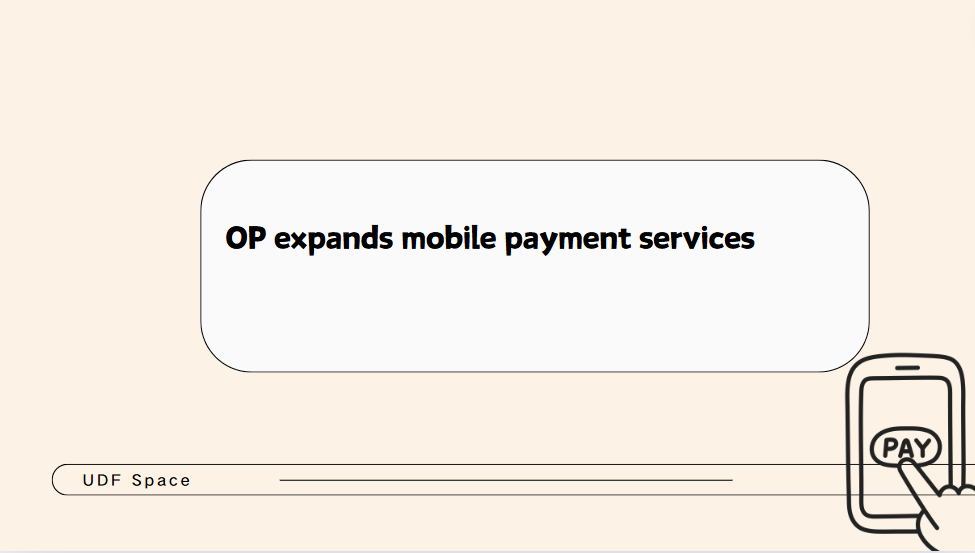OP: Young people plan their finances but do not build up savings – young men have more debt and default entries
According to OP's statistics, only a small percentage of young people manage to build up savings with their summer job earnings. In the case of young men, there is some polarisation: some follow financial news, build up savings and invest, but at the same time, young men have more credit card debt, consumer loans and payment default entries than young women do.
Of those people aged 16–25 that responded to OP Financial Group's survey, 32 per cent plan their finances on a weekly basis and 43 per cent on a monthly basis. 14 per cent responded that they never plan their finances. According to OP's statistics, people aged 16–25 do not have much money left in their account for savings each month.
“From June to August, young people manage to build up some savings from their summer jobs, but even then only small amounts. Only about a fifth of young people have had account transactions classified as savings. On a positive note, this number has been rising slightly for some time. Men have more savings transactions than women do,” says Aki Gynther, SVP, Personal Customers, Banking at OP.
Young men's management of finances is becoming polarised
According to the survey, nearly 40 per cent of young people follow financial news at least on a weekly basis, and young men follow financial news noticeably more than young women do.
According to OP's statistics, men aged 18–24 were more eager to invest in stocks and mutual funds than women of the same age. At the same time, the average outstanding balance of their card-based credit was more than 30 per cent higher than that of women of the same age. According to the statistics of Suomen Asiakastieto Oy, men have more payment default entries in all age groups. People aged 18–20 have proportionally the fewest default entries, but this group grew significantly last year.
“We want all young people, regardless of their background and life situation, to have equal opportunities to manage their personal finances. Good financial skills boost equality and increase an individual's opportunities in life,” says Gynther.
In the financial skill trainings implemented at schools by OP cooperative banks, young people have wished for education and guidance in basic and daily matters like paying bills, managing loans and clarifying terminology. Young people are also interested in light entrepreneurship.
According to the survey, young people learn most of their financial skills at school and at home. Friends, media and social media also teach them financial skills. According to the survey, young men seek financial know-how from YouTube, while women seek it from Instagram and TikTok.
“Social media has inspired young people to invest, for example. It's still good to keep in mind that social media can also provide young people with a misrepresented view of spending and financial success. That's why it's important for young people to have a strong understanding of personal money management,” says Gynther.





















































First, please LoginComment After ~